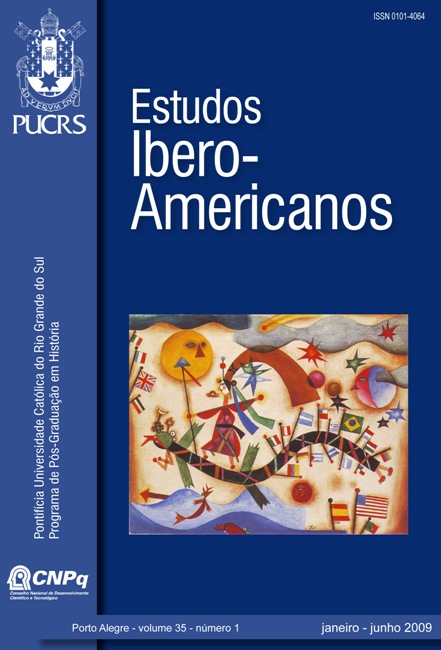The end of reconciliation: politization of recent past in Spain
DOI:
https://doi.org/10.15448/1980-864X.2009.1.5789Keywords:
Spanish civil war, Victims, MemoryAbstract
At the end of the 1990s, Spain saw the emergence of a new sociopolitical movement that fought for an official recognition of the victims of the civil war (1936-1939) and the dictatorship of General Franco (1939-1974). The main issue at stake is the elucidation of the fate of more than 30,000 republicans who fell victim to political repression and who are still today regarded as “disappeared”. The emergence of this movement coincided with the second government of the conservative Jose Maria Aznar, who rejected the claims of the civic associations as being contrary to the politics of reconciliation that had conditioned the return to democracy in the late 1970s. However, in 2004 and after having won the general elections, Spanish socialists proposed a draft law to indemnify all the victims of Francoist repression. The article analyses the circumstances and the political process the socialist draft law went through until it finally passed the Spanish parliament in the end of 2007.Downloads
Downloads
Published
How to Cite
Issue
Section
License
Copyright
The submission of originals to Estudos Ibero-Americanos implies the transfer by the authors of the right for publication. Authors retain copyright and grant the journal right of first publication. If the authors wish to include the same data into another publication, they must cite Estudos Ibero-Americanos as the site of original publication.
Creative Commons License
Except where otherwise specified, material published in this journal is licensed under a Creative Commons Attribution 4.0 International license, which allows unrestricted use, distribution and reproduction in any medium, provided the original publication is correctly cited.






